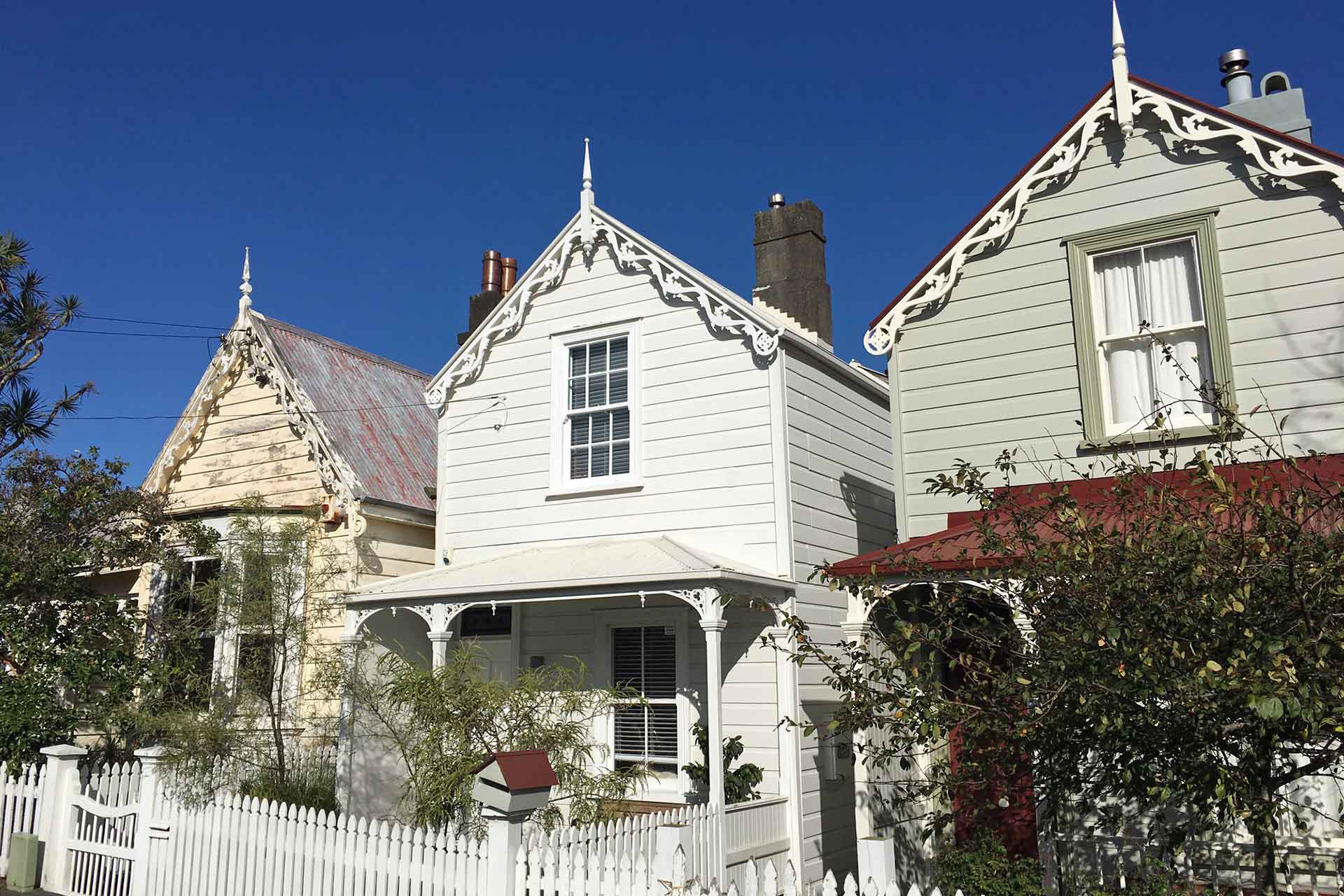Buying a Property at Mortgagee Sale
When looking at purchasing a property at mortgagee sale, it is important to note that this is not the same as a standard purchase from the property owner. More often than not a mortgagee sale gives you the chance to buy a property at a reduced price but it is important to think about what you are taking on and to weigh up the potential risks.
Method of Sale
Usually a mortgagee sale is by auction or tender. The reason mortgagee sales usually occur by auction is because when the bank is selling the property, they are obliged to obtain the best price for the property. By selling at auction, they are selling the property to the highest bidder. When bidding at an auction, any offer that is accepted is unconditional. It is important to complete all due diligence checks before bidding at auction. For example, having your solicitor check the title, ensuring you can obtain insurance, obtaining unconditional finance approval, obtaining a LIM report and obtaining a building report on the property etc.
Mortgagee sales tend to have different terms and conditions compared to purchases from the property owner and there are some things that prospective buyers should be aware of. Some of which are set out below:
Warranties:
As the seller is a bank or lending institution, the bank will remove all vendor warranties as they do not have any knowledge of the property, consents, building works etc. As such, the standard warranties in relation to the property do not apply. The effect of this is that you are buying on an “as is where is” basis. As above, you need to complete all due diligence checks prior to making an offer (i.e. building report and LIM reports etc).
It is important to ensure that a Certificate of Code Compliance has issued for the property and in particular for any extra works or additions to the dwelling.
Possession:
There is no guarantee that the property will be vacant on settlement. If the occupiers of the property do not move out by settlement, this will be an issue for you to resolve. You can apply to the court for an order for possession but this can take months to resolve and can cost you a lot of money.
Chattels:
There is no guarantee that any chattels will be included in the sale or that they will pass to you on settlement. There is also no guarantee as to the condition of the chattels and/or the property. More often than not, prospective buyers, cannot inspect the property before bidding at auction and have no way of knowing the condition of the chattels and/or dwelling.
Insurance:
Ordinarily, a purchaser becomes responsible for insuring the property on settlement but under a mortgagee sale contract, the purchaser is responsible for insuring the property from the moment their offer is accepted.
It is important to ensure that you will be able to arrange insurance cover before submitting an offer. It may be difficult to arrange insurance as you do not yet own the property.
Delays
There is no guarantee that settlement will take place. There are often clauses in the mortgagee sale contract which state that the mortgagee may cancel the contract at anytime.


